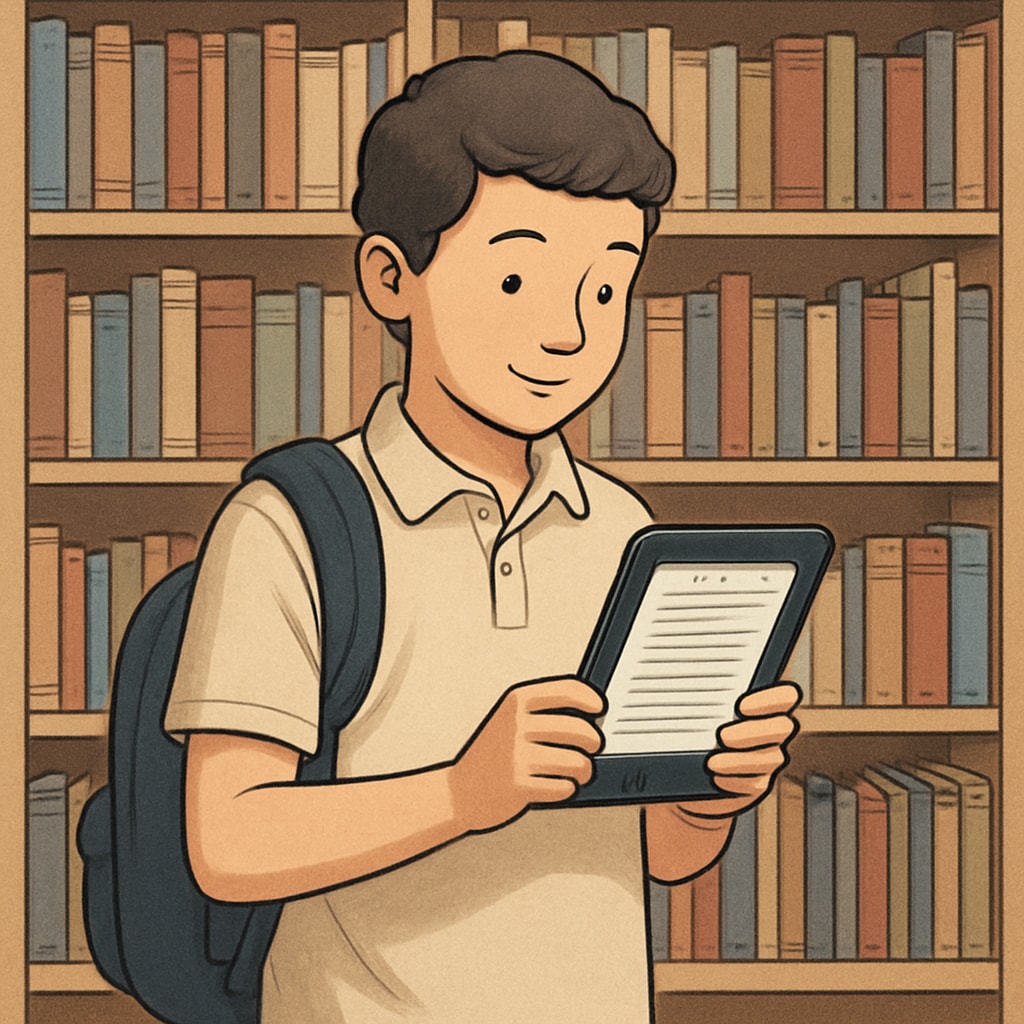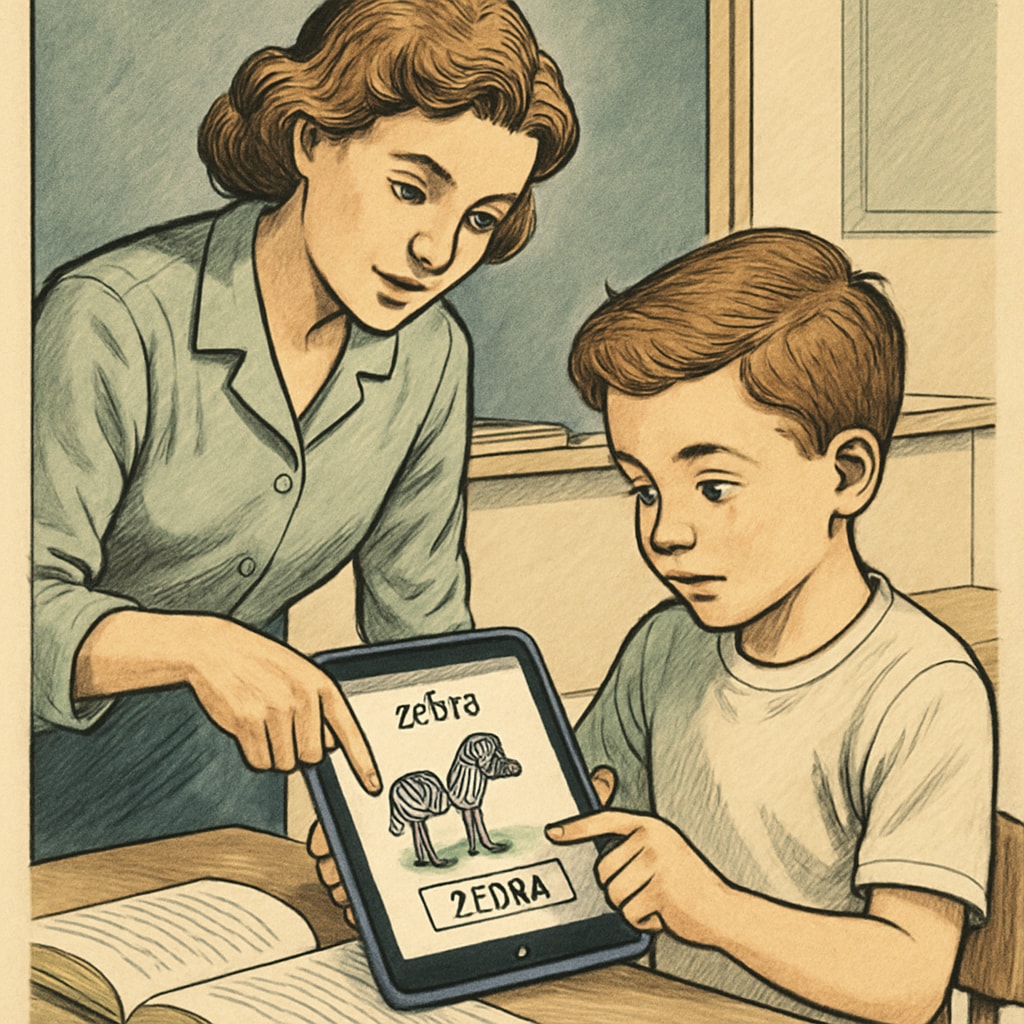For years, the A.R. (Accelerated Reader) points system has been a popular tool for assessing reading comprehension, particularly in elementary schools. However, while effective for tracking progress, it has faced criticism for focusing too heavily on extrinsic rewards rather than fostering a genuine love for reading. As educators and parents seek alternatives to balance effective reading comprehension testing with nurturing reading interest, a variety of free tools have emerged as excellent replacements. In this article, we explore some of the best free options that can inspire fourth graders to read with curiosity and joy.
The Limitations of the A.R. Points System
The A.R. points system works by assigning point values to books based on their length and difficulty. After reading a book, students take a quiz to earn points. While the system provides measurable data, it has some drawbacks:
- It emphasizes extrinsic motivation, potentially discouraging students who struggle to earn points.
- It often limits book choices to those within the A.R. database, narrowing students’ exposure to diverse literature.
- The focus on “earning points” can overshadow the intrinsic rewards of reading for enjoyment and learning.
Recognizing these limitations, educators and parents are turning to solutions that promote both comprehension and the joy of reading.

Top Free Tools to Replace the A.R. Points System
Fortunately, a range of free reading tools has been developed to provide more holistic approaches to reading comprehension assessment. Here are some standout options:
1. ReadTheory
ReadTheory is a free, adaptive platform offering reading passages tailored to each student’s level. After reading, students answer multiple-choice questions that assess comprehension. The platform provides instant feedback and tracks progress over time, making it an excellent alternative to the A.R. system.
2. CommonLit
CommonLit offers a library of free literary and informational texts for grades 3–12. Each text comes with comprehension questions, discussion prompts, and paired media resources. CommonLit encourages critical thinking and exposes students to diverse authors and genres.
3. Epic!
Epic! is a digital library designed for children aged 12 and under. While its premium version offers additional features, the free version provides access to thousands of books and comprehension quizzes. Epic! gamifies reading while allowing students to explore topics that interest them most.
4. Into the Book
Into the Book is a resource for elementary students focusing on reading strategies like summarizing, visualizing, and inferring. Its interactive activities are engaging and help develop both comprehension and critical thinking skills.

How These Tools Encourage a Love for Reading
Unlike the traditional A.R. points system, these tools prioritize student engagement and intrinsic motivation. Here’s how they achieve this:
- Personalized Learning: Platforms like ReadTheory adapt to each student’s level, ensuring they are neither overwhelmed nor under-challenged.
- Diverse Content: Tools such as CommonLit and Epic! offer vast libraries that showcase different cultures, perspectives, and genres.
- Interactive Features: Many platforms include gamified elements and multimedia to make reading fun and interactive.
By emphasizing enjoyment and curiosity, these tools help students develop a lifelong habit of reading.
Final Thoughts: Choosing the Right Tool
When selecting a reading comprehension tool, consider the specific needs and interests of your child or students. While all the tools mentioned are free and effective, their features may cater to different learning styles. For instance, if your child enjoys interactive activities, Epic! or Into the Book could be ideal. If you’re looking for in-depth assessments, ReadTheory might be the better choice.
Ultimately, the goal is to nurture a love of reading while ensuring comprehension skills are developed. By moving beyond the A.R. points system, educators and parents can provide a more enriching and enjoyable reading experience for fourth graders.
Remember: The best assessment tools are those that inspire curiosity and make learning exciting. As technology continues to evolve, the opportunities to engage young readers are endless!


